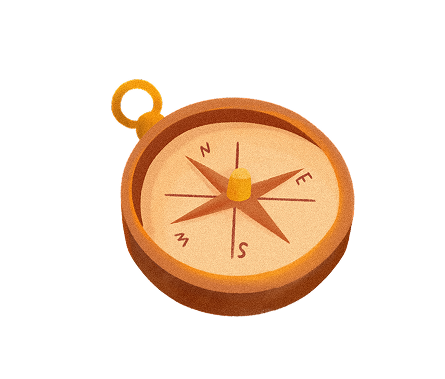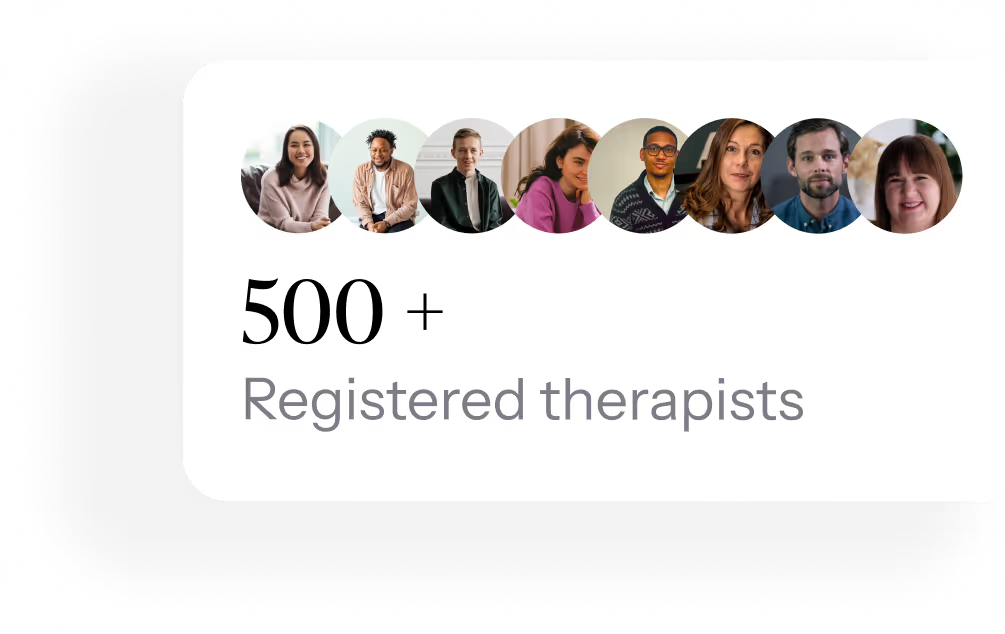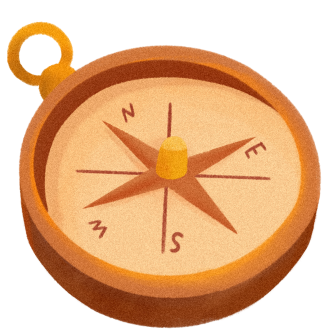Therapy for eating disorders



Understanding eating disorders
Eating disorders are complex mental health conditions that can affect people of any age, gender, or background.
The three most common types are:
- Anorexia Nervosa
- Bulimia Nervosa
- Binge Eating Disorder (BED)
Eating disorders can affect people in many different ways, bringing both emotional and physical challenges.
With the right support, healing is possible. Many people find meaningful progress with support that is tailored to their needs and grounded in experience with disordered eating patterns.

Types of eating disorders
The most common eating disorder in Canada. BED often involves eating more than you typically would in a short period of time and feeling a loss of control during those moments. It can feel like your relationship with food becomes harder to manage, especially in times of stress or emotional overwhelm.
Therapy can help you build a more peaceful connection with food and learn tools to navigate those emotional moments with care and understanding.
Anorexia Nervosa can involve restricting food intake along with intense concerns about body weight or shape. For many people, it’s linked with deeper emotional stress, perfectionism, or wanting to feel more in control when life feels overwhelming.
With the right support and a therapist who understands your experience, healing and recovery are possible.
Bulimia can involve cycles of eating and compensatory behaviours, often accompanied by difficult feelings about food and self-image. It’s commonly linked with stress, perfectionism, or wanting to feel more in control.
Therapy provides a safe space to understand these patterns, strengthen self-compassion, and develop new ways of coping that support both emotional and physical well-being.

How Layla makes it easier
Complete our brief intake form and connect with a care coordinator who will support with finding the best therapist match for you.

Therapy through Layla may be eligible for reimbursement under your health or workplace benefits plan. Please explore our FAQs if you have questions.
Take the first step
You’ll be connected to a Layla Care Coordinator who will help match you with the right therapists.

Still have questions?

Discover a library of expert-informed articles designed to educate and inspire.

Download free guides, webinars, tools, and other mental health resources

Have a question? Reach us directly by email info@layla.care or phone through phone: 647-374-4210
Frequently asked questions
Our therapists use a range of evidence-based approaches, tailored to each person’s needs. These may include cognitive behavioural therapy (CBT), dialectical behaviour therapy (DBT), emotion-focused therapy (EFT), mindfulness-based, trauma-focused, psychodynamic approaches, or eye movement desensitization and reprocessing (EMDR). You don’t need to know how these work before starting, we’ll help explain and guide you to the approach that’s right for you.
Our therapists operate out of their own location, provide sessions in-person, online, or by phone.
Today, our therapists are located in Ontario, Alberta, British Columbia and Nova Scotia
We are across many cities, including: Toronto, Greater Toronto Area (GTA), Ajax, Barrie, Beamsville, Brampton, Burlington, Georgetown, Guelph, Hamilton, Kitchener, Markham, Milton, Mississauga, Newmarket, Niagara Falls, North York, Oakville, Orangeville, Oshawa, Ottawa, Petawawa, Pickering, Richmond Hill, Scarborough, St. Catherines, Thornhill, Vaughan, Whitby, and Calgary, Edmonton, Lethbridge, Red Deer, Sherwood Park, Kelowna, Vancouver, Victoria, Halifax and many more.
We are continuously building out our community.
At Layla we do not offer direct billing yet. If you are planning to use health benefits, our network of therapists includes Registered Social Workers (RSW), Registered Psychotherapists (RP) and Registered Psychologists (C.Psych), Registered Clinical Counsellor, and Registered Counselling Therapist (RCT) in select regions. When looking at your benefits package, we advise that you check to see if you are covered for either of those providers. Here is a link to our blog post explaining the difference between these different health professionals.
Please reach out to info@layla.care for help figuring out your benefits coverage.
Individual and Couples Therapy sessions are typically 50 minutes long. In some cases, your first session with the therapist will be a little longer.
Therapy can range from short-term to longer term depending on the client’s case and their goals. This can be discussed with your therapist, and the two of you can always collaboratively assess your timeline and progression.
Individual and Couples Therapy sessions are typically 50 minutes long. In some cases, your first session with the therapist will be a little longer.
Therapy can range from short-term to longer term depending on the client’s case and their goals. This can be discussed with your therapist, and the two of you can always collaboratively assess your timeline and progression.
Pricing through Layla is transparent.
- Your initial call and matching is always free.
- Therapy sessions are $180 per 50 min session for individuals, and $200 per 50 min session for couples counselling.
- Sessions provided by a Psychologist in Alberta and British Columbia are offered at $240 per 50 min session for individuals, and $260 per 50 min session for couples counselling.
Well, a lot. We make suggestions based on information from you and the therapists, but ultimately you make the choice.
Several of our therapists offer sessions on weekends, and you can let us know of that preference when you sign up and we will do our best to accommodate.
Layla takes your privacy and the security of your information seriously. Electronic personal information shared with Layla is stored in a secure and encrypted way. Video sessions are not recorded. You can learn more about our privacy practices here.
The whole motivation behind Layla is reducing stress, not adding to it. Simply let us know and we will pair you with another therapist, of course accounting for what wasn’t quite working with the previous one. We would be very interested in client feedback in instances such as these, as we want our matching to be constantly evolving to better serve clients.
No, you don’t need a formal referral or diagnosis from another provider. We are happy to assist anyone with their unique challenges and goals.










